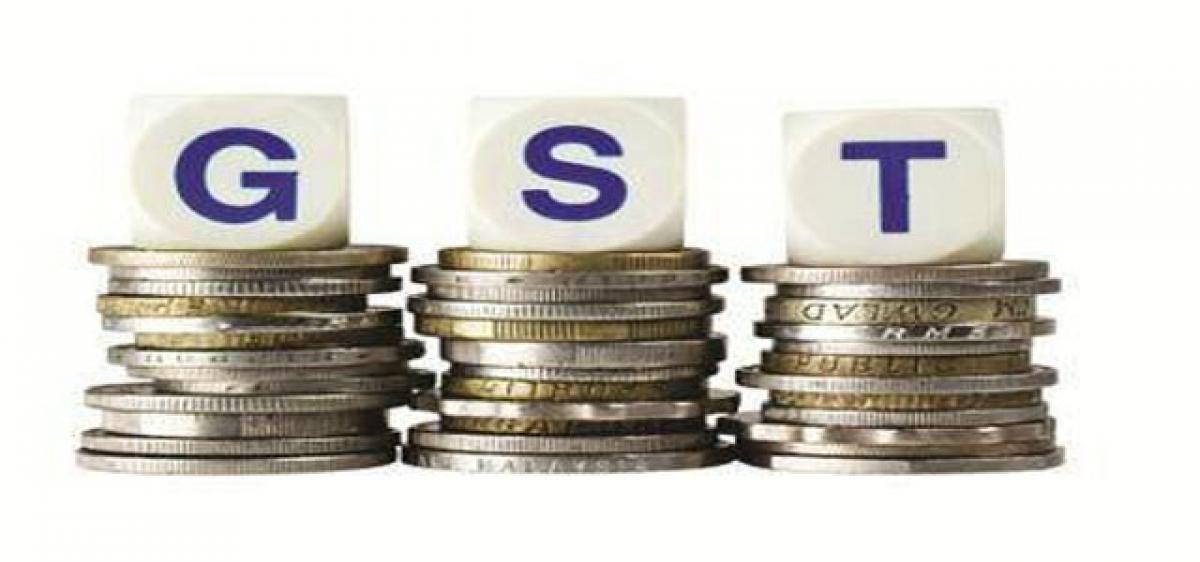Live
- South Korea not to attend Sado memorial amid controversy over Japan's pick for government representative
- Five major factors that helped MahaYuti to win landslide victory
- Difficult to digest Maharashtra results: Congress
- 'Haryana Defence': Rahul Gandhi terms Maha defeat 'unexpected' too
- MP Captain Brijesh Chowta Appeals to Finance Minister for Key Projects in Dakshina Kannada
- PM Modi’s vision and tactical groundwork drive BJP’s resounding win in Maharashtra
- BGT 2024-25: Jaiswal and Rahul lead India’s stunning turnaround with 218-run lead on Day 2
- Bengal bypolls: Over 14 pc average positive vote swing for Trinamool
- ‘Good start’: Jan Suraaj got 10 pc vote share, says Prashant Kishor
- Israel sets up military site in Lebanon









